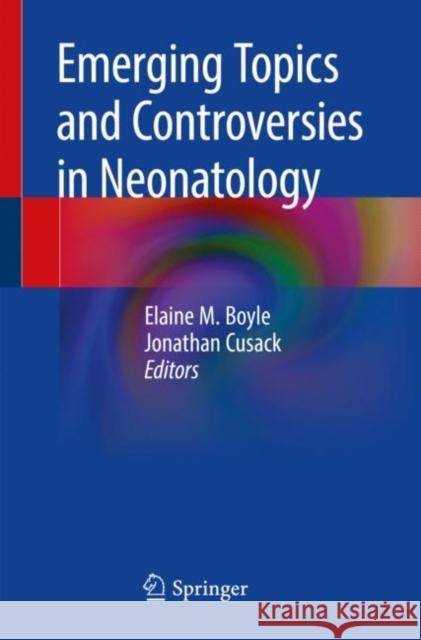Emerging Topics and Controversies in Neonatology » książka
topmenu
Emerging Topics and Controversies in Neonatology
ISBN-13: 9783030288310 / Angielski / Miękka / 2021 / 597 str.
Emerging Topics and Controversies in Neonatology
ISBN-13: 9783030288310 / Angielski / Miękka / 2021 / 597 str.
cena 483,04
(netto: 460,04 VAT: 5%)
Najniższa cena z 30 dni: 462,63
(netto: 460,04 VAT: 5%)
Najniższa cena z 30 dni: 462,63
Termin realizacji zamówienia:
ok. 16-18 dni roboczych.
ok. 16-18 dni roboczych.
Darmowa dostawa!
Kategorie BISAC:
Wydawca:
Springer
Język:
Angielski
ISBN-13:
9783030288310
Rok wydania:
2021
Wydanie:
2020
Ilość stron:
597
Oprawa:
Miękka
Wolumenów:
01











